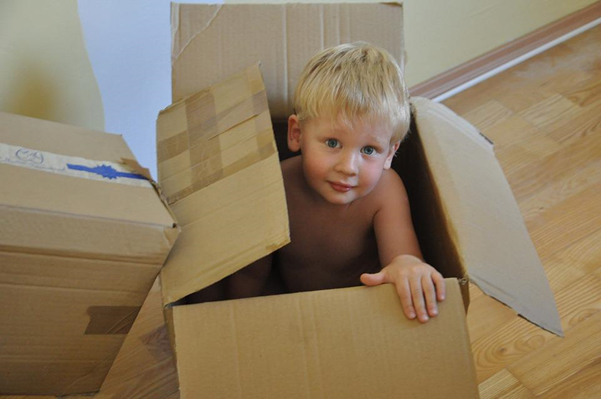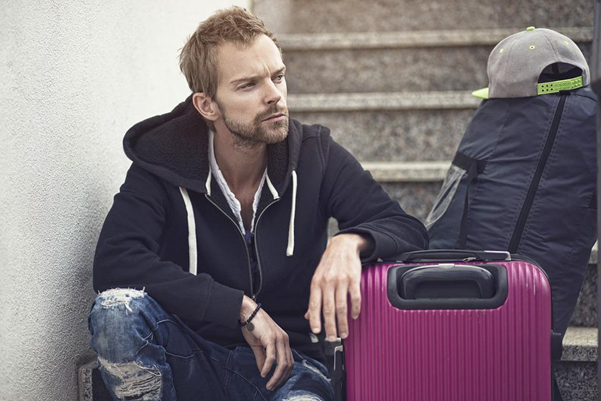There are many transitions that we face in life.
Some transitions are easy, some are hard and some downright traumatic.
For some women for example, the transition into motherhood can be the most surreal or traumatic experience she will ever know. It can be infused with overwhelming joy to overwhelming despair. This can be the same experience for any partner when a new baby is brought into the world.
For other women, mothering or the potential to mother can be the most heartbreaking and traumatic experience without being able to fall pregnant, carry a pregnancy to term or lose a baby just before birth or just after.
As human beings we are constantly moving through transitions. Some seem transient, others more permanent and life changing, some attached to a traumatic experience.
We often assume that retiring is the best time of our life when for some people that is a time of increased pain and immobility or serious illness. Sometimes it’s a period when there are limited finances and extra demands with grandchildren or family problems. There can also be increased loss of friends and family members.
Some of the big life transitions:
- Marriage or a new relationship
- Arrival of a new baby
- Parenting an infant, child, or adolescent
- Growing up and moving away from home
- Adjustment to tertiary education or the workplace
- Empty nesting
- Divorce, separation, or recovery from infidelity
- Retirement, job loss, or career changes
- Financial gain or loss
- Serious illness or disability of self or a loved one
- Issues of aging
- Death of a loved one
- Questioning faith or spirituality
- Questioning sexual or gender identity
- A mortgage
- Adoption
Any one of these transitions can also have a traumatic experience attached.
For some people, life transitions are just that, ‘a transition’ but for others it can be an experience of trauma where the body and mind feel overwhelmed and unable to bounce back. Just like grieving.
Cancer
Over the years I have supported many clients experiencing cancer or a life altering illness. I have often pondered about the level of trauma experienced by someone who has been told to get their affairs in order, live life to the full as there isn’t much time left or are in such agony that life isn’t worth ‘living’ anymore.
These clients are deeply traumatised by their diagnosis, treatment and aftercare. They bare the burden of trying to understand how they can reduce the burden for their loved ones.
Some people can lose a loved one, grieve heavily and live their life. Others find it hard to live at all. Thankfully, we are all different and our life experience and transitioning in life are as varied as we are. The same can be said for heart disease and other life-threatening illnesses.
With every life transition, there can be a sense of grief at the loss you are experiencing. You can also experience great relief. Even when you have been expecting, or even welcoming, a life transition, it’s still perfectly normal to feel sadness for what you are leaving behind.
Sometimes there is a mix of traumatic experiences within that transition such as birth trauma, sudden or prolonged death and suffering, suicide or a suicide attempt. There can also be natural disasters such as flood, fire or storm.
Life is full of surprises, twists and turns. Some of these surprises are traumatic.
Sleep
Our ability to live life to the best of our ability or transition into another stage of life is often impacted by sleep. Approximately 10-35% of people over 65 report uncomfortable levels of sleep disturbance. This sleep disturbance often makes it challenging to adjust to additional challenges. Many working aged people also find it difficult to sleep which is exceptionally challenging when you are working in a stressful job, long hours, parenting or caring for aged parents.
Sleep issues are often experienced by children and young people too.
Past Traumas
These life transitions often lead to past traumas rearing their ugly heads. Life transitions are often stressful and make a previous trauma seem present all over again. Oftentimes you can assume that because a trauma occurred years ago, you have processed it already. The truth is that even trauma from childhood can continue to cause stress and mental health challenges later in life. Recognizing these connections can often help reduce the fear that comes along with previous trauma transitions.
The intersection of previous trauma and life transitions is a critical part of therapy. It is crucial to the therapeutic process because the events often have a significant impact on one another.
So how exactly can past traumas affect us during life transitions?
You might experience any of the symptoms below:
- Anxiety
- Insomnia
- Agitation
- Irritability or rage
- Flashbacks or intrusive memories
- Feeling disconnected from the world
- Unrest in certain situations
- Needing to do certain things over and over
- Unusual fears
- Impatience
- Feeling unlikable or unsafe
- Overworking
- Keeping to yourself or “shutting down”
- Feeling depressed
- Eating problems
- Having a hard time concentrating
- Being unable to trust anyone
I have worked with a couple who experienced their own unique child and adult traumas for many years and during any new life transition that they have experienced they have required therapy to manage the transition. The stress of the transition or the similarity to their previous trauma and the feelings it brought up often emerge with a new transition.
This couple found that getting married and planning for a child raised concerns of parenting, self-worth and straight up fear of being a new parent. “Will I become like my perpetrator?’’ They became aware of any trauma triggers and worked hard to become aware of what was driving the trigger and how to manage it. They also dealt with sudden job loss, inequity in home management, effective ways to communicate distress and boundary setting with family and work colleagues. It was a slow process but the outcome for the couple was that they now have a baby and a relationship built on open communication and clear family boundaries.
“It takes a very special person to care for others as readily as Cath. Not only did she provide the strategies, learning and support and the therapy needed to move me forward, but did so with understanding and compassion. Despite the personal and professional challenges I faced at the time I met Cath (Especially my child and adult trauma), I was immediately comfortable, knowing I was in a safe space, where I could speak freely without judgement. I am forever grateful to Cath for her unwavering belief in a positive outcome and for taking this life altering journey with me.”
Thank you from the bottom of my heart Cath – Julie M 2022




